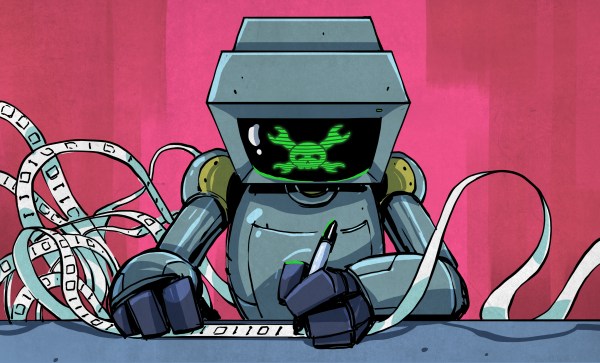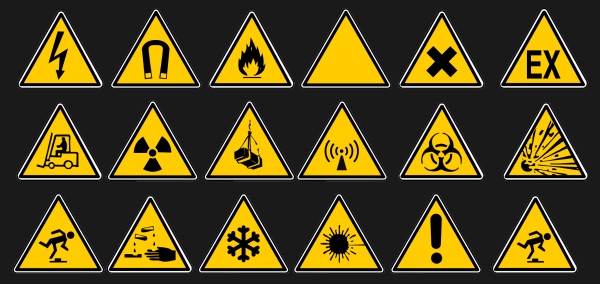Lately, there has been a push for people to stop using programming languages that don’t promote memory safety. But as we still haven’t seen the death of some languages that were born in the early 1960s, we don’t think there will be much success in replacing the tremendous amount of software that uses said “unsafe” languages.
That doesn’t mean it’s a hopeless cause, though. [Kees Cook] recently posted how modern C99 compilers offer features to help create safer arrays, and he outlines how you can take advantage of these features. Turns out, it is generally easy to do, and if you get errors, they probably point out unexpected behavior in your original code, so that’s a plus.
We don’t think there’s anything wrong with C and C++ if you use them as you should. Electrical outlets are useful until you stick a fork in one. So don’t stick a fork in one. We really liked the recent headline we saw from [Sarah Butcher]: “If you can’t write safe C++ code, it’s because you can’t write C++.” [Cook’s] post makes a similar argument. C has advanced quite a bit and the fact that 30-year-old code doesn’t use these new features isn’t a good excuse to give up on C.
Continue reading “Modernizing C Arrays For Greater Memory Safety”

















